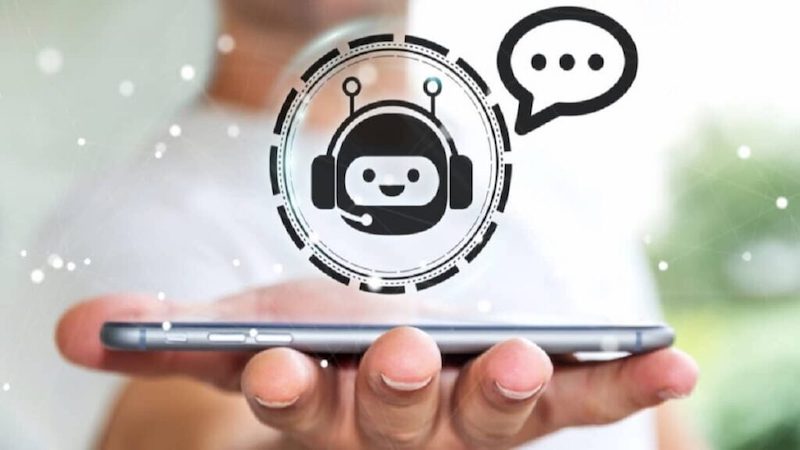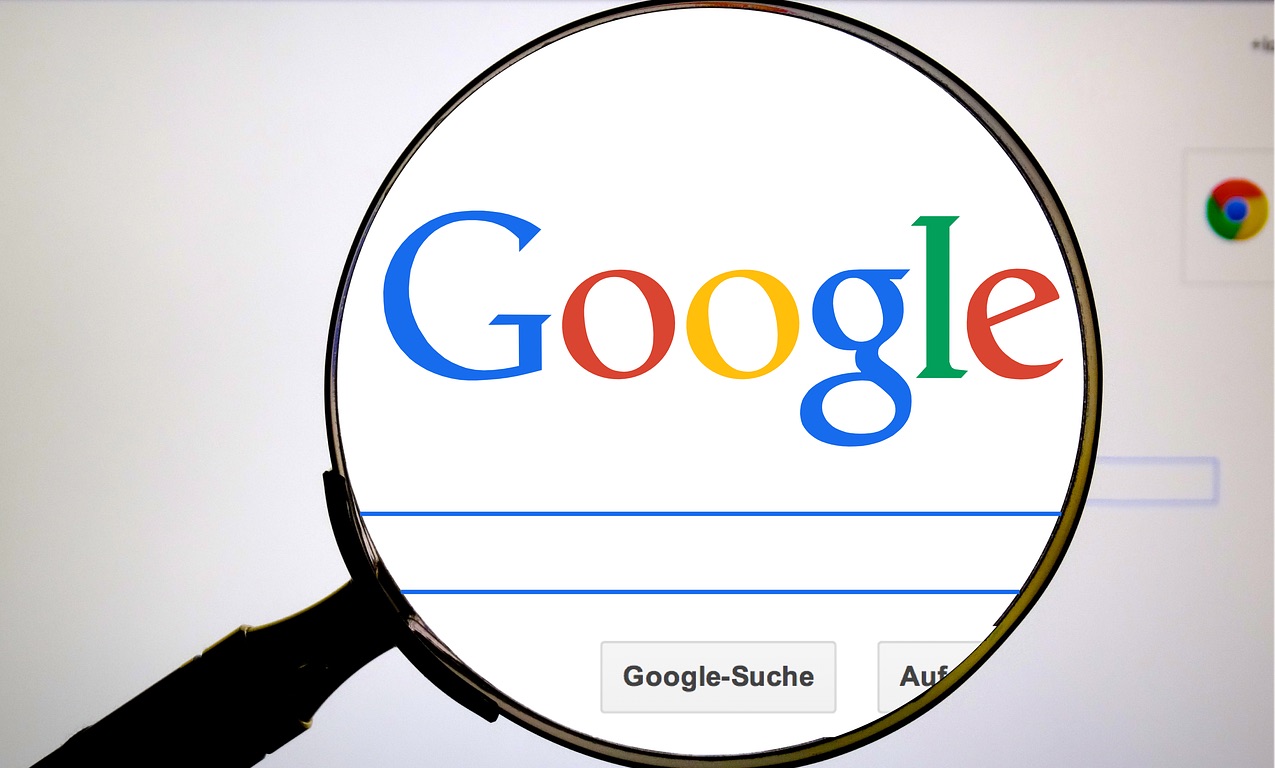It seems that lately ChatGPT is taking the place of Elon Musk.
Yes: if until recently it was the volcanic new owner of Twitter who made headlines on a daily basis with his often incomprehensible tweets and his almost always unpopular decisions, for a few weeks now the most sophisticated conversational chatbot produced has been holding the court from OpenAI.
And as always happens with sensational news, after an initial phase of unconditional jubilation, the less luminous aspects of the bot were gradually discovered.
Beyond the ban imposed by some American schools, the chatbot is now at the center of a case made public by Time. Kenyan workers who worked up to 9-hour shifts to “clean up” the content the bot would be trained with were paid less than two dollars an hour.
But the fact remains that artificial intelligence in matters is showing exceptional potential. The whole world is realizing it, and some are afraid of it.
Now it’s Google that looks at ChatGPT with concern, and thinks about how to run for cover. Let’s see why.

ChatGPT “minaccia” Google
With all due respect to competitors, when almost any user of the network has to do a search, what does he consult? Google’s search engine. Which in this sense operates on the web in a quasi-monopoly regime.
The problem for Google today is called ChatGPT. We had already mentioned it in an article last December: basically, the chatbot has a function similar to that of the Mountain View search engine, with the difference – or rather the addition – of being able to hold conversations at a good degree of plausibility with a human interlocutor.
Things then got complicated due to some recent news.
Microsoft e ChatGPT
In the early days of 2023, indeed, the rumor that Microsoft would soon integrate ChatGPT into the Bing search engine.
It goes without saying that any upgrade would launch Bing and make it a serious rival to Google’s search engine.
At the moment, the cabotage of the two engines are not comparable: a report tells us that in 2022 just under 90% of Internet users rely on Google for searches, against 6% who prefer Bing.
OpenAI by Microsoft
But those of a possible liaison between OpenAi and Microsoft are not just rumors.
In recent days, the CEO of Microsoft, Satya Nadella, spoke at the World Economic Forum underway in Davos. And he confirmed that Microsoft will insert OpenAI technologies (including ChatGPT) in all Azure services, the company’s cloud system.
For Nadella, the goal is to make Azure “The best place for those looking at artificial intelligence”.
We also recall that Microsoft, in 2019, invested a billion dollars in OpenAI.
It would be a huge blow to the Google search engine. Which alone, thanks to advertising revenues, guarantees the Mountain View company 60% of the revenues.
Google founders recalled
Google’s concerns about ChatGPT don’t seem generic at all.
This was stated by the New York Times in an article on Friday 20 January. According to the US newspaper, even the current CEO of the company, Sundar Pichai, would have recalled the two founders of Google, Larry Page and Sergey Brin.
Page and Brin allegedly took part in a series of emergency meetings in which the most profitable strategy to counter ChatGPT was discussed. Which in the near future could really erode Google’s dominance among search engines.
What will happen?
But concretely how will Google react to ChatGPT and to the possibility of its integration into Microsoft services?
According to the New York Times, already in the course of 2023 Pichai’s company will launch a version of the search engine with chatbot functionality. Furthermore, during the year it will also unveil at least 20 projects related to artificial intelligence.
Google’s 12,000 layoffs
This hypothetical competition for the search engine with the most dazzling performance raises some perplexity, in a terrible situation for workers in the tech sector.
Almost all of the giants in the sector are making dramatic cuts in numbers and percentages. It happened to Meta, Microsoft and Amazon. And lastly it was Google’s turn, which in the past few hours has left something like 12,000 employees at home.
Conversational chatbots will be capable of amazing performances, but it would not hurt to also remember the potential – as well as the needs – of real workers.















Leave a Reply
View Comments